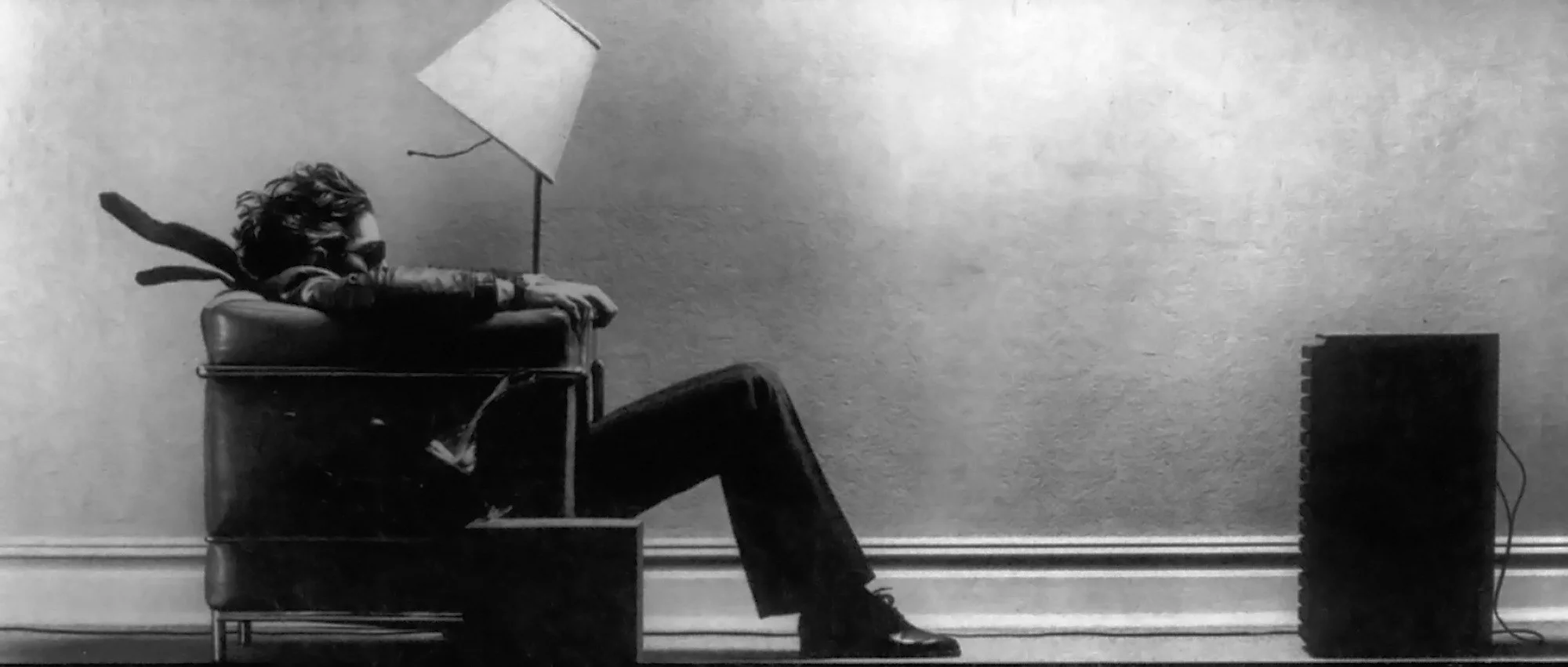This post is a little late, but we still want to bring awareness about hearing conservation with regards to agricultural safety. Ag Safety Week was actually March 3-9, with Friday focusing on hearing safety. Being in the middle of America’s “Heartland”, we see a large number of farmers and ranchers in our clinic. Unfortunately, many of these folk spent a lifetime around farm equipment that paid little attention to engineering and design for noise abatement, and public awareness of the danger associated with accumulated noise exposure was not timely. A common lament we hear from many of these people is “I wish I knew then what I know now…”.
Well, we do now know the toll that unprotected exposure to loud noise can have on hearing, and this is especially evident among farmers and ranchers. Hearing loss and tinnitus are no longer tolerated as minor inconveniences, but rather are acknowledged as serious issues that lead not only to poor communication and other health risks, but puts these workers and managers at higher risk for accidents involving the equipment they work with.
Here are some typical noise levels on the farm:
· Tractor 74-112 dB
· Grain Dryer 81-102 dB
· Combine 80 - 105 dB
· Chainsaw 77 - 120 dB
· Grain Grinding 93-97 dB
· Pig Squeals 85-115 dB
· Orchard Sprayer 85-106 dB
When you consider any exposure at 85 dB or high is potentially damaging (some research suggests even lower levels), it should be obvious that around 92% of farmers nationwide are at risk for hearing loss. Excellent treatment options for hearing loss are now available, however, we should remain focused on ways to avoid and reduce noise exposure on the front-end.
· Avoid loud noise and reduce exposure time when possible
· Always use ear-plugs (preferably custom made plugs) and/or ear-muffs around loud equipment (look for the NRR – noise reduction ratings)
· When purchasing new equipment, ask about engineering designs that reduce noise levels
Call us if you have questions. We’ll look forward to discussing your particular situations and how we can help ensure you are safe in your work.








